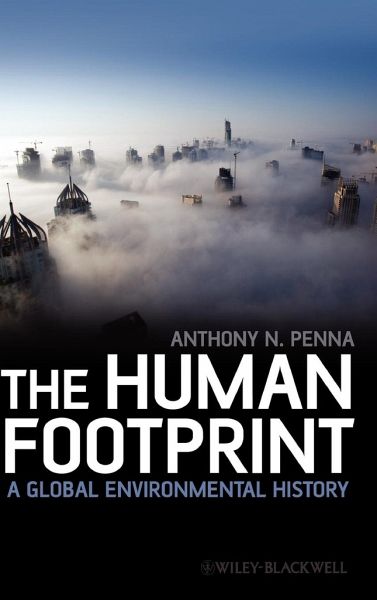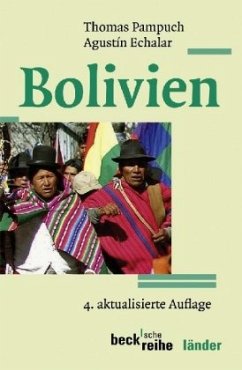"The Human Footprint adds to the growing literature combiningenvironmental with world history, both of which are relativelyrecent and vibrant subfields of history . . . His topical approachdoes result in an interesting, readable, and accessible set ofhistories that addresses issues of concern not just to world andenvironmental historian, but to geologists and evolutionarybiologists as well, making it quite suitable for use in a range ofcollege and university courses." (Technology and Culture, 1 January2011)
"I highly recommend this book as one that would work extremelywell in an environmental history offering or as a supplementarywork in any World survey." (World History Association, 1 October2010)
"An increasing number of
scholar-teachers are now able to teachglobal survey courses, giving students an improved context forheading into a future of daunting climate change. None of therecent survey volumes is better tailored for this audience (or fora wider and equally anxious public) than Penna's Human Footprint,the fruit of two decades of teaching this subject at NortheasternUniversity...One virtue of Penna's approach is its integration ofhard sciences (archeology, climatology, epidemiology, etc.) withsocial and historical concepts...Penna makes clear how naturalsettings shaped early human cultures; this enables readers then towatch the long human effort to turn the tables on Nature, reshapingit to this species' innovative priorities." (Environmental History,2011)"An ambitious and timely book that builds on and extends a vitalfield of historical research. Key attractions include thecompatibility with the organization of teaching in many worldhistory courses and the embrace not only of big changes like theadvent of agriculture or industrialization, but less familiardevelopments such as the environmental impact of migrationpatterns. The result is a real sense of how humans have interactedwith nature and the ways current environmental issues connect tothe past."
--Peter N. Stearns, George Mason University,author of The Industrial Revolution in World History
"Penna is to be congratulated for producing one of the firstenvironmental histories to embrace the entire world and all ofhuman history. As our relationship with the world's diverseenvironments deteriorates, such educational resources are becomingincreasingly vital."
--David Christian,Macquarie University,formerly of SDSU, author of Maps of Time: An Introduction toBig History
"An insightful survey of global history . . . In clear andaccessible prose, it provides a masterful synthesis of scholarshipacross a wide range of disciplines. Its breadth and sophistication- and its relevance to the world today - make it acompelling read.
--Jeffrey K. Stine, Curator of Engineeringand Environmental History, Smithsonian Institution, authorof America's Forested Wetlands: From Wasteland to ValuedResource
"Penna weaves human and natural history together into a single,compelling story. In his vision, human innovation, culture andexchange, nutrition, atmospheric chemistry, and plate tectonics arejust a few of the many processes that come together in an endlessdance of engagement and change . . . The pasts and the fates ofhumanity, nature, and the Earth are one and the same."
--Adam McKeown, Columbia University, author ofMelancholy Order: Asian Migration and the Globalization of Borders1834-1929
"Combining wide knowledge with an eye for the essential, Pennatakes a truly vast and challenging subject - the natural andhuman history of the earth - and distills it into a volumethat is reliable, accessible, and illuminating."
--William B. Meyer, Colgate University, authorof Human Impact on the Earth














